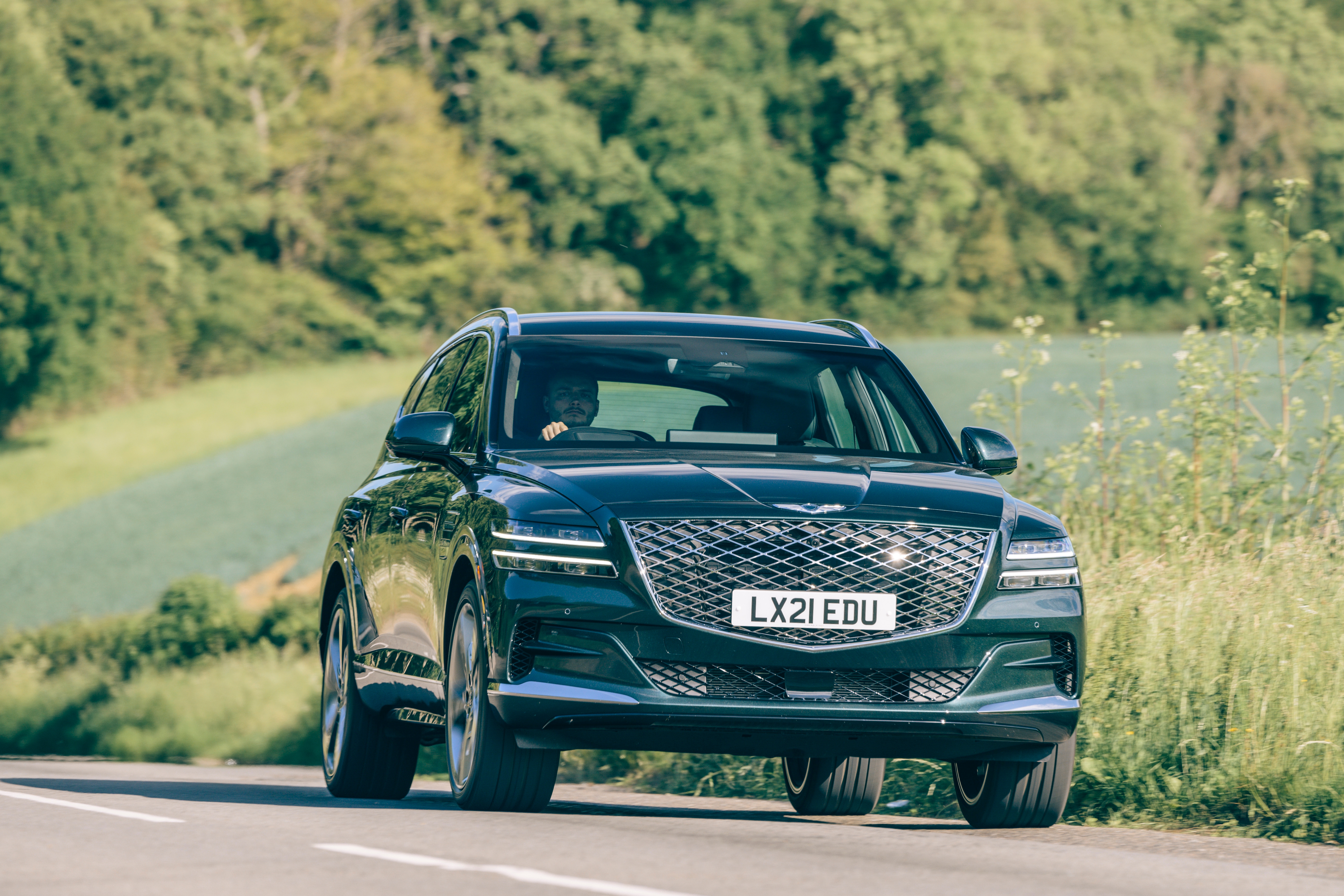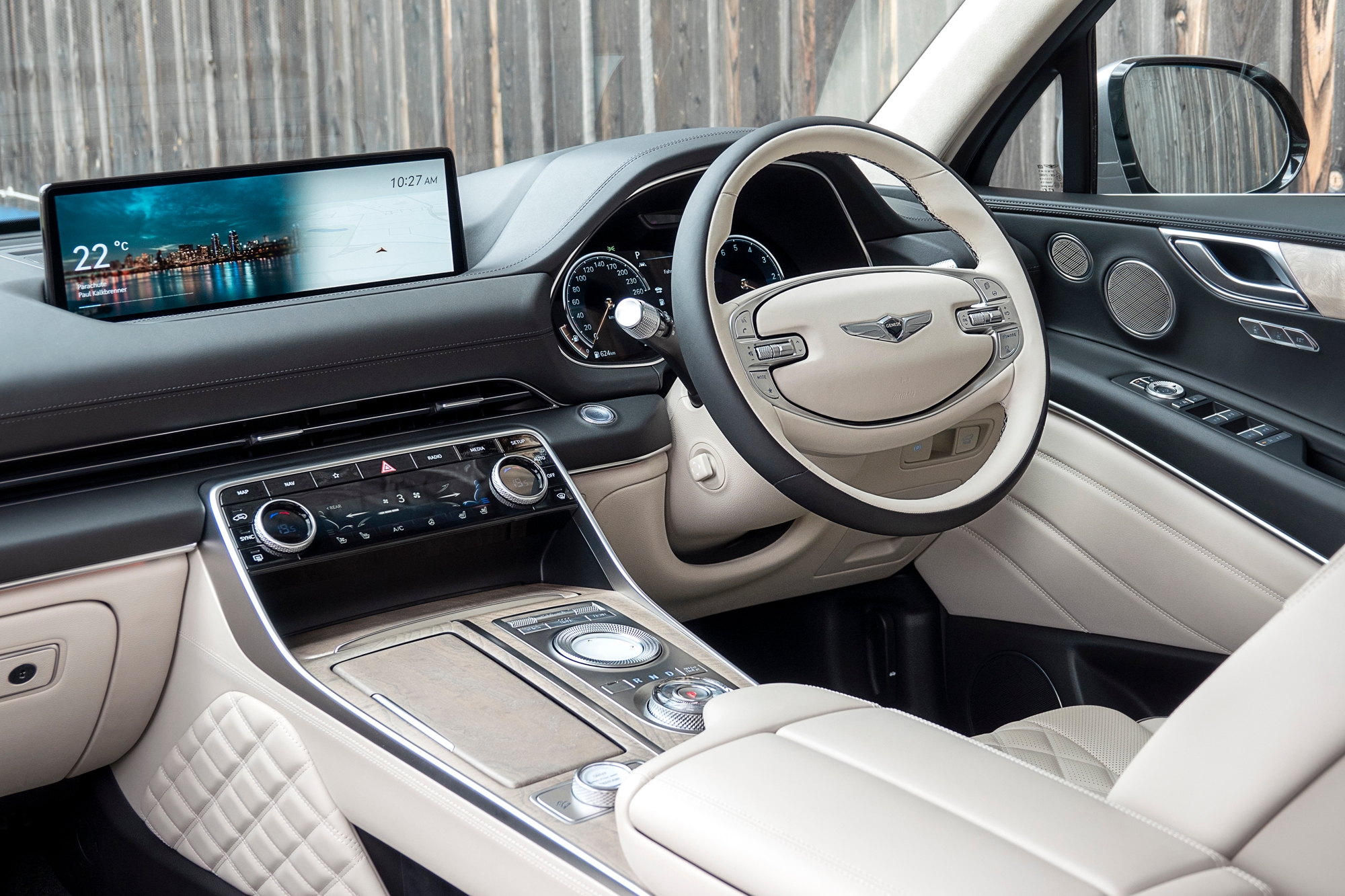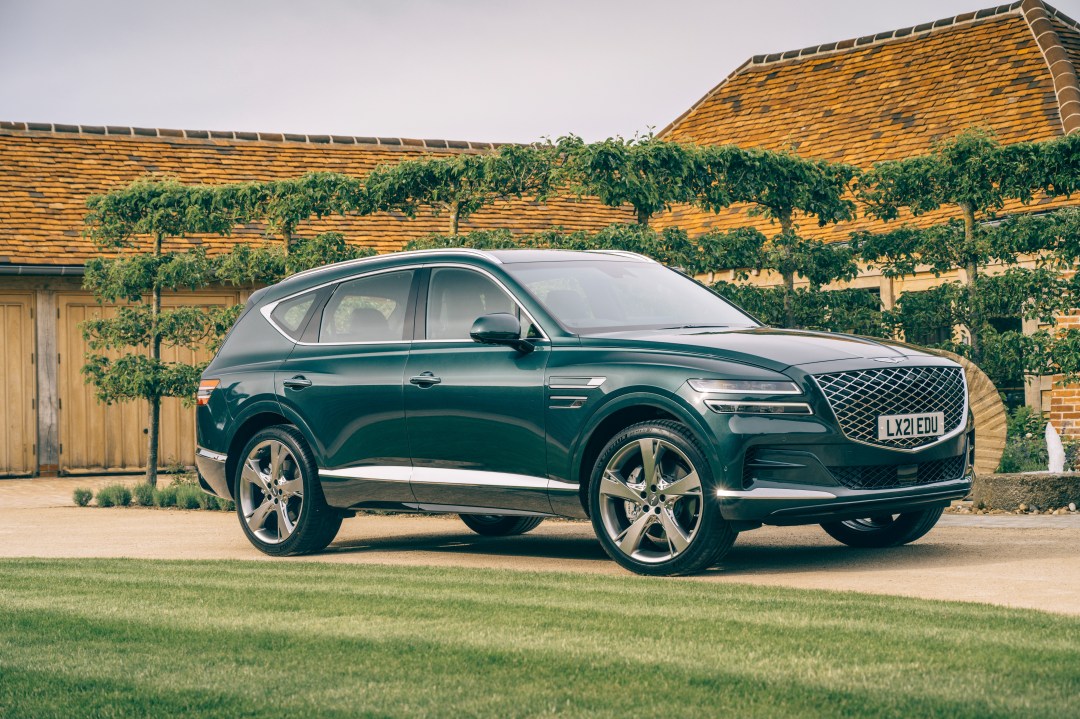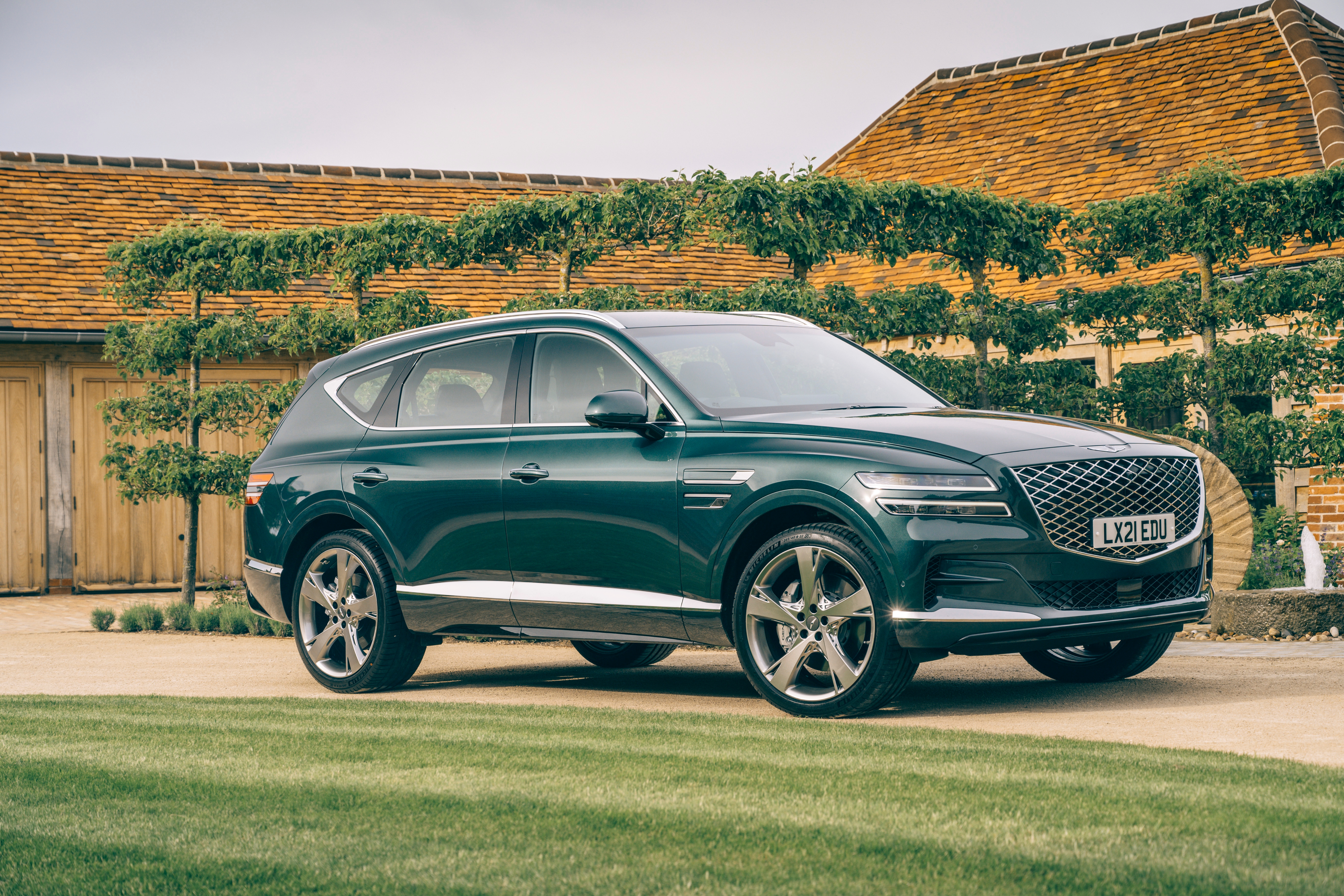Readers of a certain age might remember when some car marques were the butt of relentless derogatory jokes. Czech brand Skoda – which has since been brought up-market under VW ownership – was an especially popular victim (Q: ‘What do you call a Skoda with a sunroof?’ A. ‘A skip..’) as were Lada (Q. ‘How do you avoid a speeding ticket?’ A. ‘Buy a Lada’) and Malaysia’s Proton (Q: ‘How do you double the value of a Proton?’ A. ‘Just add petrol.’).
But even makers of famously good, solid, reliable cars can be coy about their original brand names when they decide to up their game by trying to penetrate the luxury market – which is why Toyota created Lexus, Nissan invented Infiniti, Honda coined ‘Acura’ and, more than 100 years ago, Ford adopted the Lincoln nameplate.
The importance of a ‘premium’ vehicle being given the right name was perhaps best demonstrated 20 years ago when VW introduced its beautifully appointed Phaeton with an ambition to build 20,000 units annually at its factory in Dresden – only to find that slack sales meant it took four years to reach 25,000, despite the car having the same chassis as a Bentley and being available with the engine of an Audi A8. The problem? The ‘people’s car’ badge on the grille simply didn’t cut the mustard.
And it’s to avoid such a flop that South Korean maker Hyundai created its ‘Genesis’ sub-brand in 2017.

Genesis cars became available in the UK a little more than six months ago and, if the reaction to the GV80 SUV version I’ve had for a week is anything to go buy, BMW, Audi and Mercedes-Benz could be looking at some serious competition – not least because the brand’s chief creative officer is none other than Luc Donckerwolke, the Belgian-Peruvian designer whose pen was behind automotive hits such as the Audi R8 Le Mans racer, Lamborghini’s Murciélago and Gallardo models and the Bentley Flying Spur.
It’s perhaps not surprising, then, that I became used to passers-by looking admiringly at the Genesis before confidently asking: ‘How do you like your Bentley?’ And when informed that it was actually a Genesis, every one of them replied: ‘What’s a Genesis?’
The discovery that it was a Hyundai in disguise invariably came as a surprise, as did the quality of its interior to those sufficiently inquisitive to ask for a peek inside. It’s got all the leather and veneer that have come to be regarded as traditional benchmarks of ‘luxury’ motoring, along with the mod cons of a 14.5-inch touchscreen/ voice activated infotainment system offering ‘augmented reality’ navigation and hand writing recognition.
You also get split climate controls front and rear, so-called ‘Ergo Motion’ air filled massage seats, electric window blinds and a really superb, 18-speaker Lexicon sound system.
The GV80’s interior is relaxing, too, largely due to a minimalist approach which has resulted in fewer switches, narrow air vents and an almost complete absence of clutter – and folding down the rear seats reveals the car to be practical as well as luxurious thanks to a huge load area, more storage space beneath the floor and the option of a seven-seat configuration.
It’s also appropriately quiet for a luxury SUV – but if there’s one area in which it fails to match more established, more expensive rivals from marques such as Bentley, Audi, BMW and Mercedes-Benz it’s that of refinement.

Inevitably, building the car down to a competitive price has left room for improvement both in the engine and suspension departments, both of which expose the GV80 as being a luxury car created by a parent manufacturer that majors on affordability.
That said, the cosseting interiors and whisper-quiet powertrains at the ultra high-end have left us spoiled and, some might say, disconnected from the actual experience of driving. The GV80 certainly certainly doesn’t do that and, in some ways, provides a refreshing reminder that a car with a little bit of character and soul can be preferable to one that attempts near perfection.
And the fact that the GV80 starts at £57,000 compared with £146,000 for a Bentley Bentayga surely cancels out its shortcomings.
After all, far better to have a Hyundai that people mistake for a Bentley than a Bentley that people mistake for a Hyundai, don’t you think?







Comments